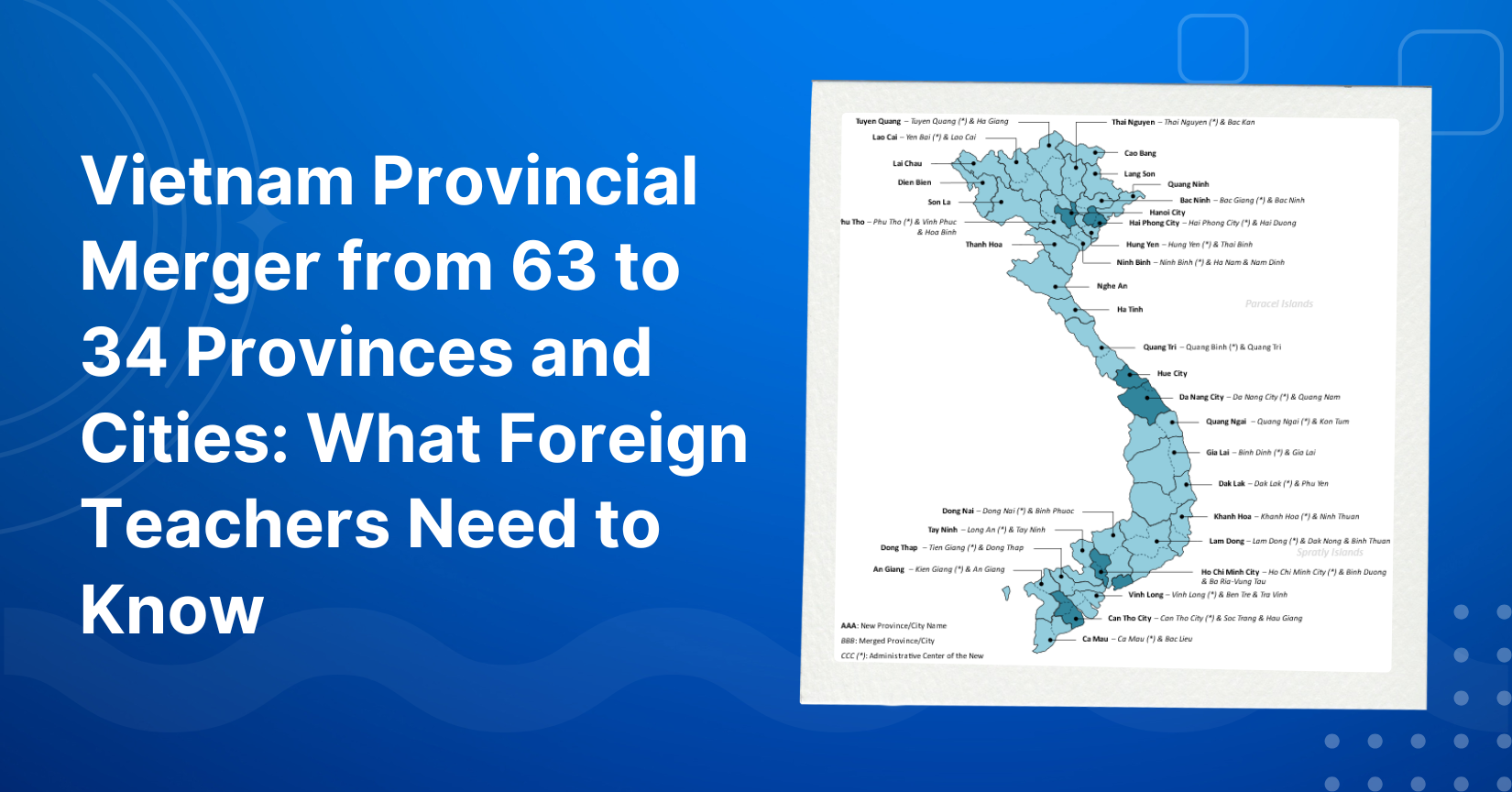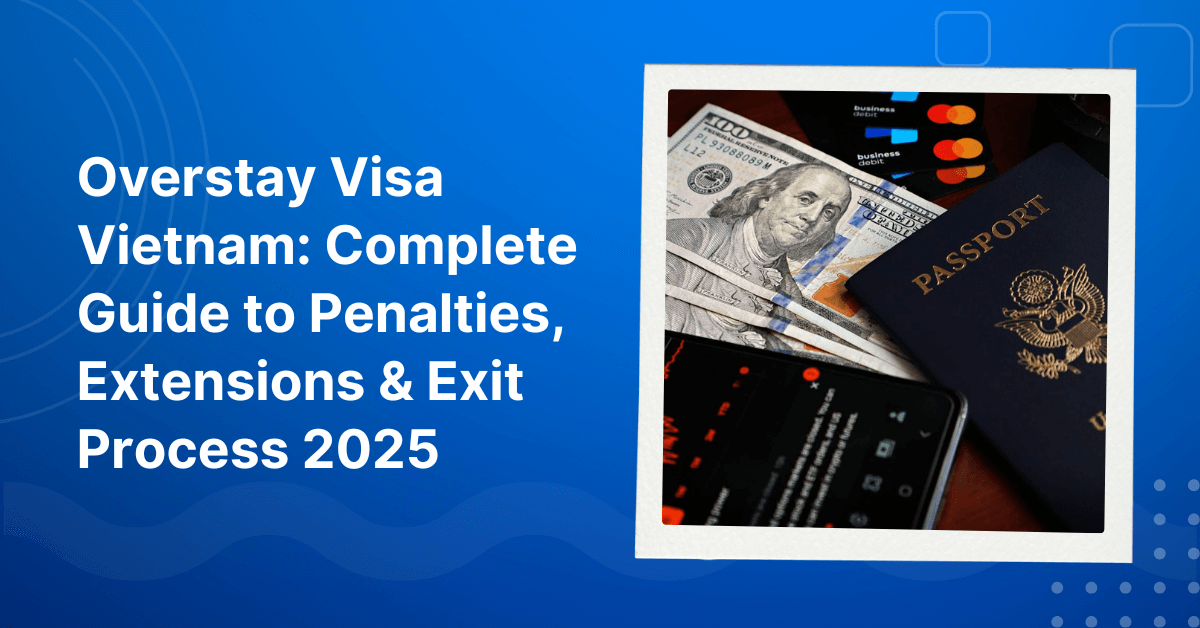Vietnam has become a popular destination for people who want to teach English as a foreign language. With the growing demand for English language proficiency, there are various types of institutions that offer English language instruction in Vietnam. Each type of school has its unique features, advantages, and disadvantages. In this article, VTJ will provide an overview of the different types of institutions in Vietnam that offer English language teaching and provide advice on how to choose the best option for your needs and goals. Whether you are a newly qualified teacher, an experienced educator, or someone who is simply looking to enhance your teaching skills and gain valuable experience, this article will provide you with valuable insights to help you make an informed decision about your teaching career in Vietnam.
I. Public Schools

Vietnam’s public school system is one of the popular types of institutions in Vietnam for many English teachers. The compulsory English language education program in public schools is designed to develop students’ four language skills: listening, speaking, reading, and writing.
One advantage of teaching at a public school is job stability. Public schools offer a consistent workload and a steady salary, with benefits such as health insurance and paid leave. Moreover, teachers have the opportunity to work with a diverse group of students, often from different socio-economic backgrounds, which can be rewarding.
However, there are also some disadvantages to teaching at a public school. Firstly, the workload can be high, with large class sizes and many teaching hours. Secondly, the curriculum can be rigid, leaving little room for creative teaching methods. Finally, the teaching quality can vary depending on the school and the level of support from the administration.
View Similar Articles: The average salary for teaching English in Vietnam in 2025
II. English centers

English centers are one of types of institutions in Vietnam that provide English courses to students of all ages and levels. These centers often have a flexible curriculum that allows students to customize their learning experience and focus on specific areas of English language study, such as grammar, speaking, or test preparation.
One of the advantages of teaching at an English center is the opportunity to work with a diverse group of students from various backgrounds and levels of English proficiency. This can help teachers develop their teaching skills and strategies to meet the needs of different learners. Additionally, English centers may offer a more relaxed and informal teaching environment, which can allow teachers to be more creative and experimental in their teaching methods.
However, there are also some disadvantages of teaching at an English center. Firstly, English centers often have high student turnover rates, which means that teachers may have to adjust their teaching styles and lesson plans frequently. Secondly, English centers may have fewer resources and support than other teaching contexts, such as public schools or universities.
Read Another Article: Teaching English in Vietnam: The Complete Guide & How to Get Started?
III. International Schools

International schools in Vietnam are one of common types of institutions that offer an international curriculum, usually in English. These schools are designed to serve expatriate families and local families who are seeking a globally-oriented education.
In terms of curriculum and instruction, international schools differ from public and private schools in several ways. Firstly, international schools typically follow an international curriculum, such as the International Baccalaureate (IB) or Cambridge International Examinations (CIE), which is designed to provide students with a well-rounded education that emphasizes critical thinking, creativity, and global citizenship. Secondly, international schools often have smaller class sizes and a higher teacher-to-student ratio, which allows for more individualized attention and support. Lastly, international schools often have a more diverse student body, with students from a wide range of nationalities and cultural backgrounds.
One advantage of teaching at an international school is the opportunity to work in a multicultural and diverse environment, which can be enriching and rewarding. Additionally, international schools often offer competitive salaries and benefits, such as housing allowances and professional development opportunities. International schools also often provide a high level of support and resources for teachers, including access to modern technology, teaching materials, and ongoing training.
However, there are also some disadvantages to teaching at an international school. Firstly, the workload can be demanding, with high expectations for lesson planning, grading, and professional development. Secondly, there may be cultural differences and language barriers to navigate, which can require additional effort and sensitivity. Finally, there may be a higher level of administrative bureaucracy and expectations for compliance with school policies and procedures.
Continue Learning: Teaching in Vietnam: Schools vs. English centers
IV. Universities

Teaching at a university can have both advantages and disadvantages. One advantage is the intellectual freedom that comes with the role. Professors have the ability to choose their research topics and design their own research initiatives. They also have the freedom to choose the materials they teach and build a curriculum that engages students.
Another advantage is the flexibility in scheduling. Professors can create their own schedules and work from either their on-campus office or home. In addition, some professors may have the opportunity to travel to different domestic and international locales to attend conferences or present their research.
However, there are also some potential disadvantages to being a college professor. The field of academia can be highly competitive, with many highly qualified candidates seeking limited available roles. This can make it challenging for candidates to secure a permanent professorship and may require them to pursue temporary roles to advance their careers.
In addition, college professors may experience a lack of job security if they are unable to secure a permanent position. Many colleges and universities are also shifting away from the tenure-track model of employment, which can further exacerbate job insecurity.
Compensation can also be a potential disadvantage, as some candidates with high levels of education and competency may be able to earn higher salaries in private sector roles. Finally, professors may face challenges with their work-life balance, as they may need to work long hours to accommodate their various responsibilities.
Discover Related Guides: Which documents do I need to teach English in Vietnam legally?
V. Private English Lessons

Private English lessons in Vietnam offer a flexible option for expat teachers who want to supplement their income or work outside of a traditional school setting. Here are some of the advantages and disadvantages of teaching private English lessons as an expat teacher in Vietnam:
Advantages:
- Flexibility: Teaching private English lessons allows expat teachers to work around their own schedules and choose their own students. They can also design lesson plans that cater to the specific needs and interests of their students.
- Higher pay: Private English lessons often pay higher than traditional teaching jobs in Vietnam. Expat teachers can set their own rates and negotiate payment terms directly with their students or their parents.
- Personalized teaching: With one-on-one lessons, expat teachers can provide personalized attention and feedback to their students. This allows them to tailor their teaching style and pace to match the learning needs of each student.
- Networking: Teaching private English lessons can provide expat teachers with opportunities to network with other teachers and potential students. They can also gain valuable experience working with different types of learners and develop their teaching skills.
Explore More: 20+ Common teaching job interview questions & answers
Disadvantages:
- No job security: Private English lessons are not a guaranteed source of income and teachers may experience periods of low demand. They may also have to deal with late cancellations or missed appointments, which can disrupt their schedule and income.
- Lack of benefits: Private English teachers in Vietnam are typically considered independent contractors and are not entitled to the same benefits as employees of traditional schools. This includes health insurance, paid time off, and retirement plans.
- Uncertainty about students’ abilities: With private English lessons, expat teachers may not have access to information about their students’ English proficiency levels or prior learning experiences. This can make it challenging to plan lessons that are appropriate for each student’s needs.
- Marketing and administrative duties: Expats teachers who offer private English lessons may need to spend time and resources on marketing their services and handling administrative tasks such as scheduling and billing. This can be time-consuming and take away from teaching and other activities.
In conclusion, Vietnam offers a wide range of schools and institutions. From public schools to private language centers, each option has its advantages and disadvantages. It is important to assess your needs and goals in order to choose the best option for you.
If you are looking for a more stable and long-term teaching position, public schools and universities may be a good fit for you. On the other hand, if you prefer flexibility and variety in your teaching schedule, private language centers and freelance teaching may be more suitable.
Regardless of which option you choose, it is important to research and carefully consider the types of schools or institutions before accepting a teaching position. Factors such as salary, working hours, location, and curriculum should all be taken into account.
Ultimately, the key to success as an English teacher in Vietnam is to be adaptable, patient, and passionate about teaching. With the right mindset and preparation, you can have a fulfilling and rewarding experience teaching English in this dynamic and diverse country.
Explore More Content: Top 6 Popular Centers To Teach English In Vietnam
Are you facing difficulties in finding and securing teaching positions in Vietnam? Are visa procedures causing you trouble? Feeling overwhelmed and directionless upon your arrival in Vietnam for teaching assignments? Don’t worry, VTJ’s English Teaching Placement in Vietnam (EPIV) Program 2024 provides comprehensive support to solve ALL the matters.
👉👉👉 Click HERE to request free consultation






